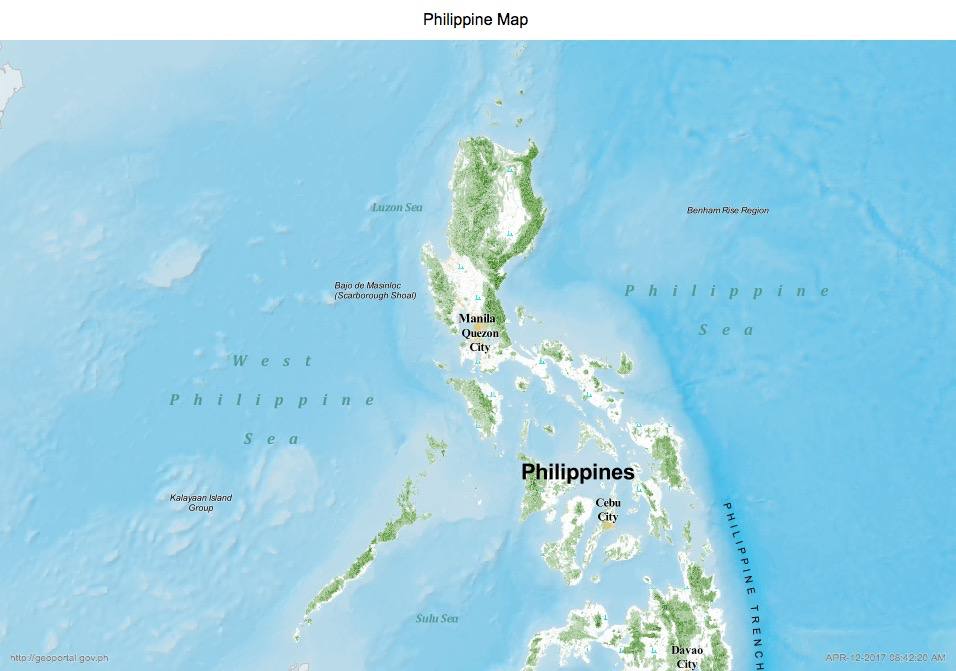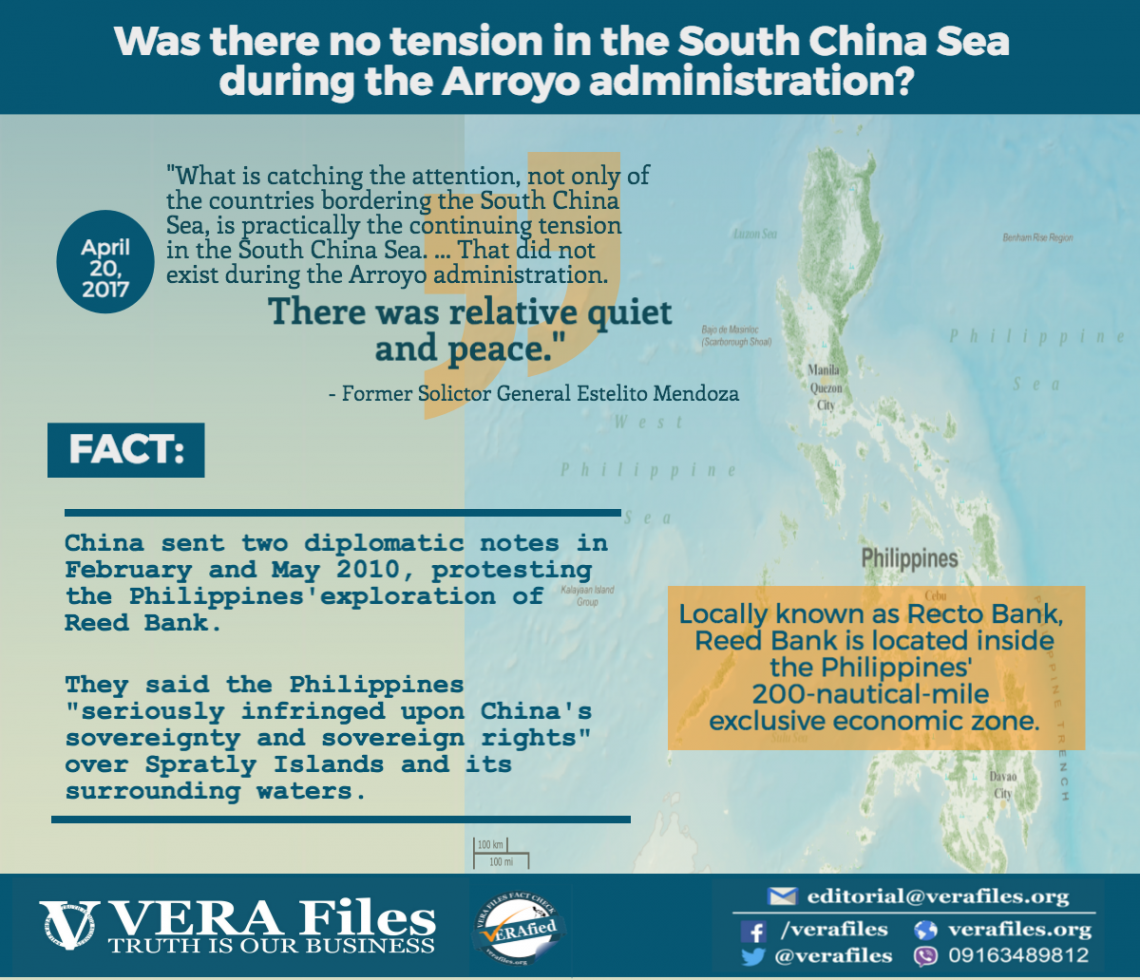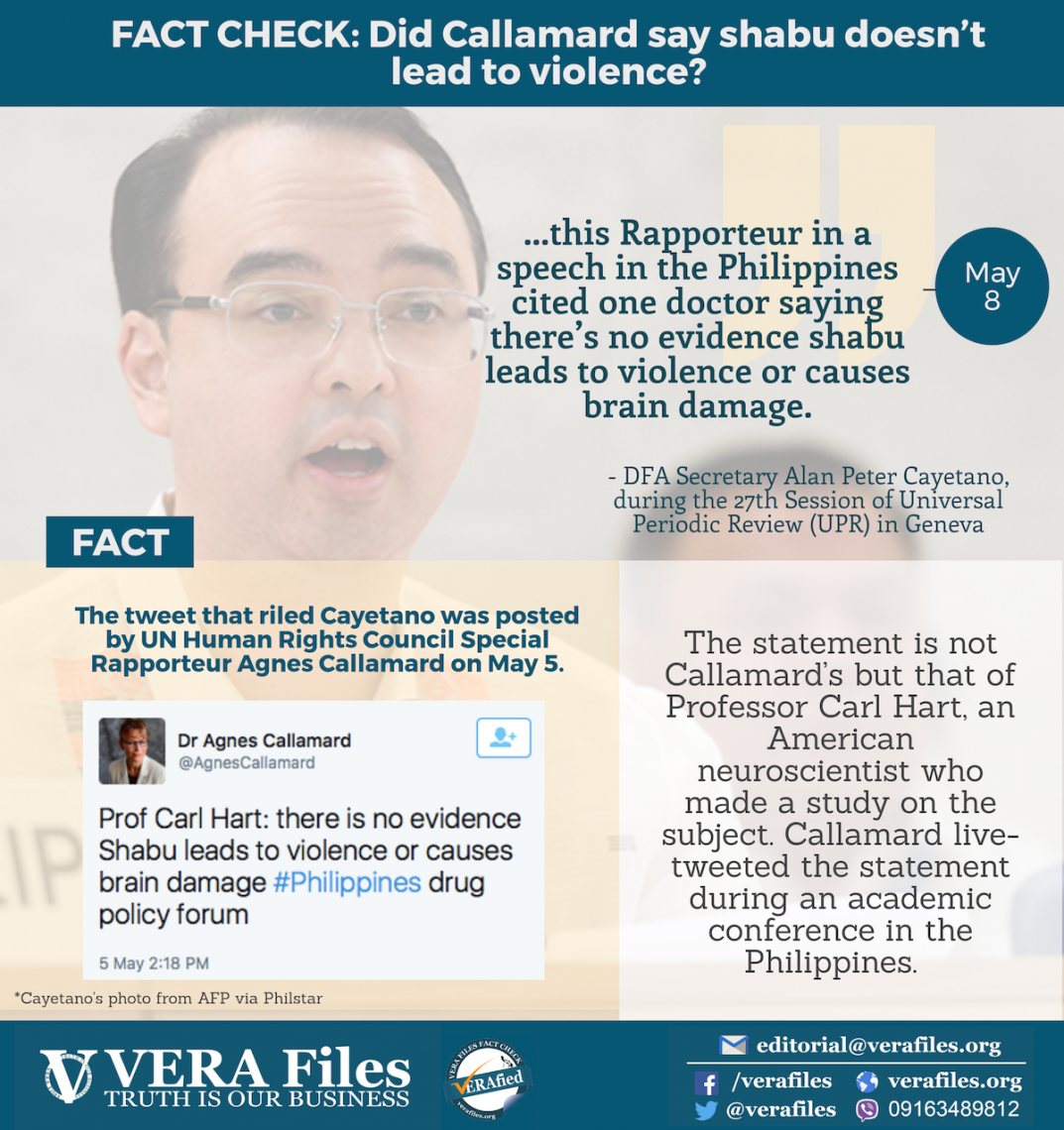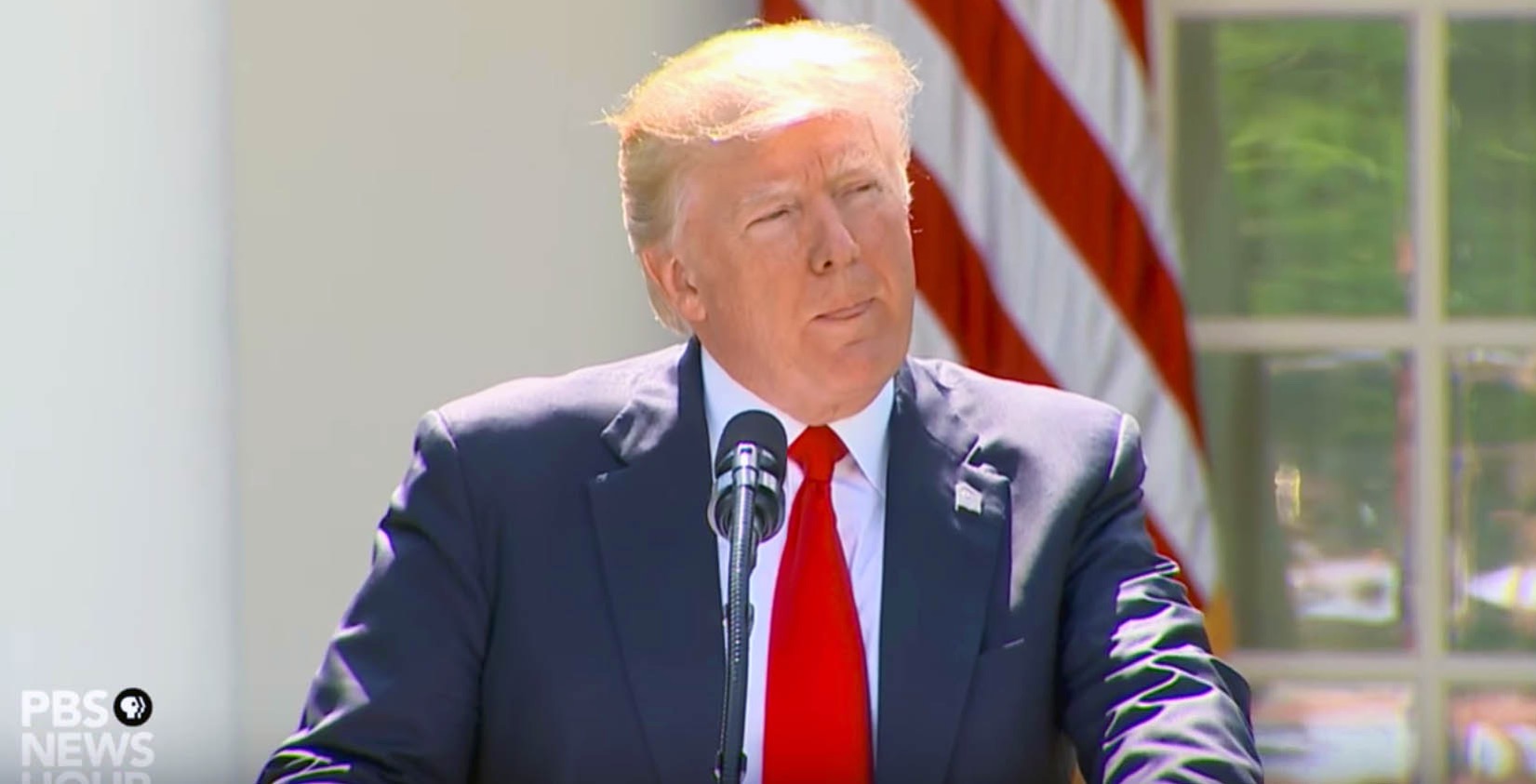Solicitor General Jose Calida has come under heavy criticism after telling the appellate court that “pork barrel” queen Janet Lim-Napoles should be acquitted in her illegal detention case.
The criticisms stem from the fact that the Office of the Solicitor General (OSG), as stated in the Administrative Code of 1987, is the “law office of the government” and the solicitor general serves as “the principal law officer and legal defender of the government.”
In a press conference last week, Calida tried to explain not only the OSG’s position on the case filed by the government against Napoles, but also what he considers as his job as solicitor general.
STATEMENT
Calida defined the role of the OSG:
“The OSG is the defender of the Republic and at the same time the tribune of the people. I am a servant of the law and I took an oath to uphold the rule of law.”
(Source: Jose Calida’s press conference, Jan. 15, 2017, watch from 1:23-1:41)
Citing his 43-year experience as a practicing lawyer with criminal law as forte, he said the “RTC erred in convicting Napoles.” He emphasized that the OSG intended to see justice served and that no innocent person “be sent to the gallows,” nor a guilty person get away with murder.
He clarified that the Court of Appeals (CA) ordered the OSG to comment on the case, so they filed their manifestation not for the purpose of acquitting Napoles, but to follow the CA’s directive and give their opinion.
But how is the OSG both a “defender of the Republic and tribune of the people?”
FACT
Under the Administrative Code of 1987, the OSG is an independent and autonomous office attached to the Department of Justice. It is mandated to defend and “represent the Government of the Philippines, its agencies and instrumentalities and its officials and agents in any litigation, proceeding, investigation or matter requiring the services of a lawyer.”
The code lists 12 specific powers and functions of the OSG. They are:
- Represent the Government or any officer thereof in the Supreme Court, Court of Appeals and all other courts or tribunals in criminal, civil and special proceedings in which the Government or any officer in his official is a party.
- Investigate, initiate court action, against any person, corporation or firm for the enforcement of any contract, bond, guarantee, mortgage, pledge or other collateral executed in favor of the Government.
- Appear in any court in any action involving the validity of any treaty, law, executive order or proclamation, rule or regulation when in his judgment his intervention is necessary or when requested by the Court.
- Appear in all proceedings involving the acquisition or loss of Philippine citizenship.
- Represent the Government in all land registration and related proceedings.
- Prepare, upon request of the President or other proper officer of the National Government, rules and guidelines for government entities governing the preparation of contracts, making of investments, undertaking of transactions, and drafting of forms or other writings needed for official use.
- Deputize, whenever in the opinion of the Solicitor General the public interest requires, any provincial or city fiscal to assist him in the performance of any function or discharge of any duty incumbent upon him, within the jurisdiction of the aforesaid provincial or city fiscal.
- Deputize legal officers of government departments, bureaus, agencies and offices to assist the Solicitor General and appear or represent the Government in cases involving their respective offices, brought before the courts.
- Call on any department, bureau, office, agency or instrumentality of the Government for such service, assistance and cooperation as may be necessary in fulfilling its functions and responsibilities.
- Represent, upon the instructions of the President, the Republic of the Philippines in international litigations, negotiations or conferences where the legal position of the Republic must be defended or presented.
- Act and represent the Republic and/or the people before any court, tribunal, body or commission in any matter, action or proceeding which, in his opinion, affects the welfare of the people as the ends of justice may require; and
- Perform such other functions as may be provided by law.
BACKSTORY
Calida’s argument in taking Napoles’ side of was taken from a 1990 Supreme Court decision.
When one government office takes a contrary position against another government agency, the OSG “must see to it that the best interest of the government is upheld within the limits set by law…although it may run counter to a client’s position,” the decision said.
“This is not the first time that the Office of the Solicitor General has taken a position adverse to his clients like the CSC (Civil Service Commission), the National Labor Relations Commission, among others, and even the People of the Philippines.”
The decision emphasized the OSG’s opinion and recommendation is important to the court, as it is “ an invaluable aid in the disposition of the case.”
This decision is also oft-quoted when the OSG invokes its role as a tribune of the people or a “champion of people’s rights.”
But the Supreme Court added the OSG can actually beg off from commenting on a case.
The OSG as a tribune of the people is not mandated by law. The phrase is included in the OSG’s vision statement:
To continually champion the Rule of Law in the pursuit of social justice as the People’s tribune and as counsel of the Republic of the Philippines.
Sources:
Executive Order No. 292 Book IV/Chapter 12- Office of the Solicitor General
Orbos vs. Civil Service Commission, G.R. No. 92561
Office of the Solicitor General Vision Statement






